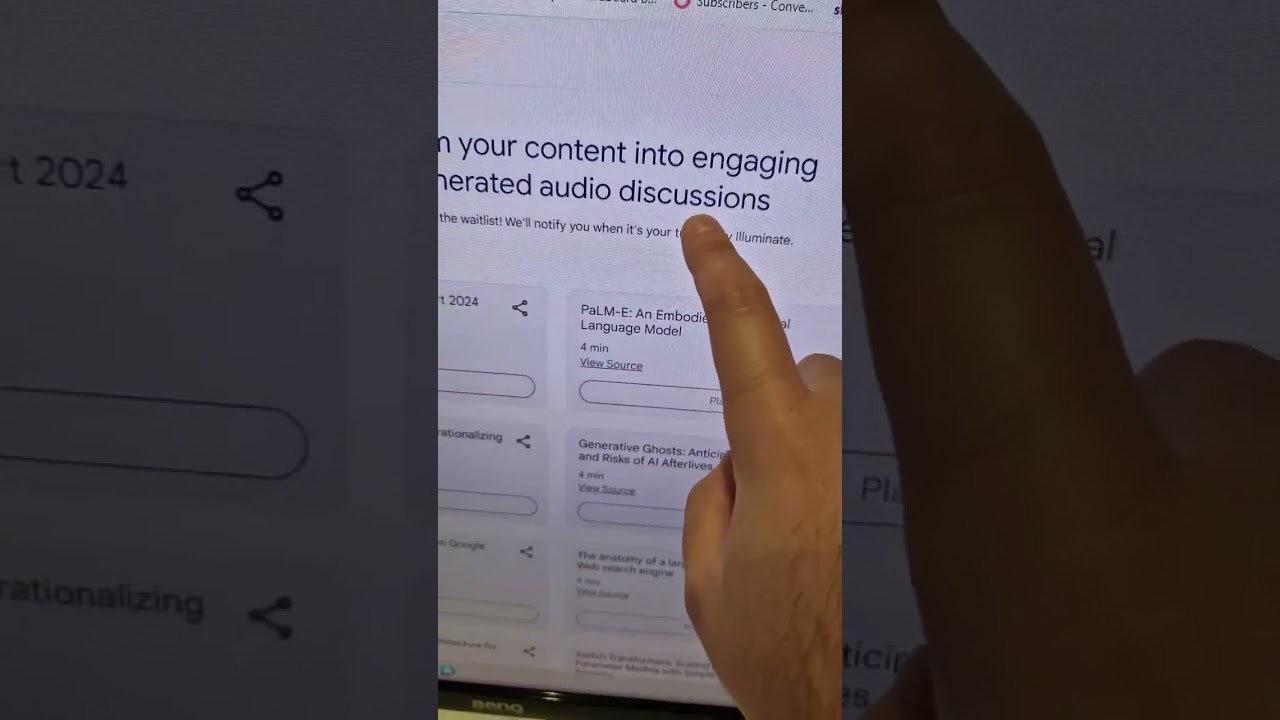5 Do's And Don'ts For Landing A Private Credit Job

Table of Contents
Do's for Landing a Private Credit Job
1. Tailor Your Resume and Cover Letter
Your resume and cover letter are your first impression. In the competitive landscape of private credit jobs, a generic application will likely be overlooked. To stand out, focus on showcasing your unique skills and experience relevant to the specific role.
- Quantifiable Achievements: Instead of simply listing your responsibilities, highlight quantifiable achievements that demonstrate your impact. For example, instead of saying "Managed a portfolio of loans," say "Managed a $50 million portfolio of loans, resulting in a 10% reduction in non-performing loans."
- Keywords: Incorporate relevant keywords throughout your resume and cover letter. These keywords should reflect the specific requirements of the job description. Examples include: "credit underwriting," "financial modeling," "due diligence," "portfolio management," "debt restructuring," "LBO modeling," "private equity," "alternative investments," "distressed debt," "mezzanine financing," and "direct lending."
- Software Proficiency: Mention your proficiency in essential software such as Excel (including advanced functions like VBA), Bloomberg Terminal, Argus, and other relevant financial modeling tools.
- Customization: Don't reuse the same resume and cover letter for every application. Customize each application to match the specific requirements and keywords of the job description.
2. Network Strategically
Networking is crucial for securing a private credit job. This industry relies heavily on relationships and referrals.
- Industry Events: Attend industry conferences and events focused on private credit and alternative investments. These events provide opportunities to meet professionals and learn about potential job openings.
- LinkedIn: Actively use LinkedIn to connect with professionals in the private credit industry. Engage with their posts, join relevant groups, and send personalized connection requests.
- Informational Interviews: Reach out to professionals for informational interviews. These conversations provide invaluable insights into the industry and can lead to potential job opportunities.
- Professional Organizations: Join relevant professional organizations such as the CFA Institute or the Institutional Venture Partners Association (IVCA) to expand your network and stay updated on industry trends.
3. Master the Interview Process
The interview is your opportunity to showcase your skills and personality. Thorough preparation is key to success in landing your private credit job.
- Common Questions: Prepare for common private credit interview questions, such as those focusing on your experience with credit analysis, financial modeling, challenging deals, and your understanding of market trends. Practice your responses out loud.
- Company Research: Thoroughly research the firm you're interviewing with. Demonstrate your understanding of their investment strategy, portfolio, and recent activities.
- Insightful Questions: Prepare insightful questions to ask the interviewer. This demonstrates your genuine interest and engagement.
- Follow Up: Always send a thank-you note after each interview, reiterating your interest and highlighting key aspects of the conversation.
4. Showcase Your Financial Acumen
Demonstrate a deep understanding of financial concepts relevant to private credit.
- Financial Statement Analysis: Show your expertise in analyzing financial statements, including balance sheets, income statements, and cash flow statements.
- Valuation Techniques: Demonstrate your proficiency in various valuation techniques, such as discounted cash flow (DCF) analysis, comparable company analysis, and precedent transaction analysis.
- Credit Risk Assessment: Showcase your ability to assess credit risk and understand various credit metrics.
- Market Trends: Stay informed about current market trends and their impact on the private credit industry.
5. Highlight Your Soft Skills
While technical skills are essential, employers also value soft skills.
- Teamwork: Highlight your ability to collaborate effectively within a team.
- Communication: Demonstrate your ability to communicate complex financial information clearly and concisely, both verbally and in writing.
- Problem-Solving: Showcase your analytical and problem-solving skills, including your ability to identify and address challenges effectively.
- Time Management: Emphasize your ability to manage multiple priorities and meet deadlines.
Don'ts for Landing a Private Credit Job
1. Submit a Generic Resume and Cover Letter
Avoid generic applications. Tailoring your materials to each specific opportunity shows genuine interest and increases your chances of getting noticed.
2. Neglect Networking
Don't underestimate the power of networking in this niche field. Actively build relationships with professionals in the private credit industry.
3. Underprepare for Interviews
Thorough preparation is crucial for success. Practice answering common interview questions and research the firms you're interviewing with.
4. Lack Financial Knowledge
Demonstrate a deep understanding of finance and private credit principles. This is non-negotiable for success in this field.
5. Overlook Soft Skills
Employers value strong communication and teamwork skills. Highlight your soft skills alongside your technical expertise.
Conclusion
Landing a private credit job requires a well-defined strategy encompassing both technical expertise and effective job-search techniques. By following these "dos" and avoiding the "don'ts," you can significantly improve your chances of securing your desired private credit job. Remember to tailor your resume and cover letter, network effectively, master the interview process, showcase your financial acumen, and highlight your soft skills. Start your journey toward a rewarding career in private credit today! Begin refining your approach to landing your ideal private credit job now!

Featured Posts
-
 Technical Glitch Forces Blue Origin To Postpone Rocket Launch
Apr 22, 2025
Technical Glitch Forces Blue Origin To Postpone Rocket Launch
Apr 22, 2025 -
 Ai Digest Transforming Repetitive Documents Into Engaging Poop Podcasts
Apr 22, 2025
Ai Digest Transforming Repetitive Documents Into Engaging Poop Podcasts
Apr 22, 2025 -
 Reflecting On The Life And Legacy Of Pope Francis
Apr 22, 2025
Reflecting On The Life And Legacy Of Pope Francis
Apr 22, 2025 -
 Trumps Supreme Court Defense Of Obamacare A Boost For Rfk Jr
Apr 22, 2025
Trumps Supreme Court Defense Of Obamacare A Boost For Rfk Jr
Apr 22, 2025 -
 Deadly Russian Air Strikes On Ukraine Us Peace Efforts Intensify
Apr 22, 2025
Deadly Russian Air Strikes On Ukraine Us Peace Efforts Intensify
Apr 22, 2025
